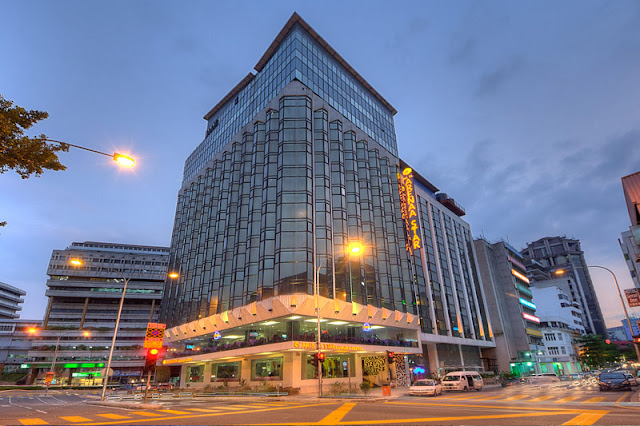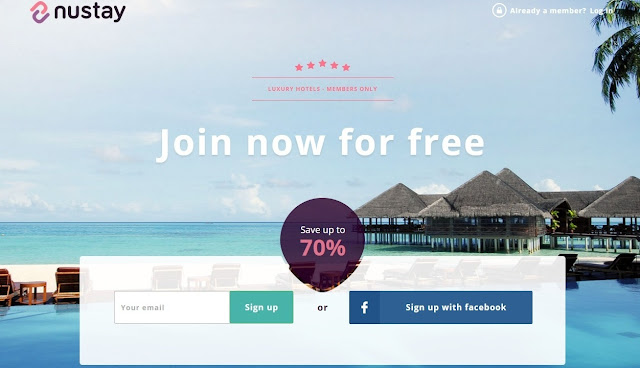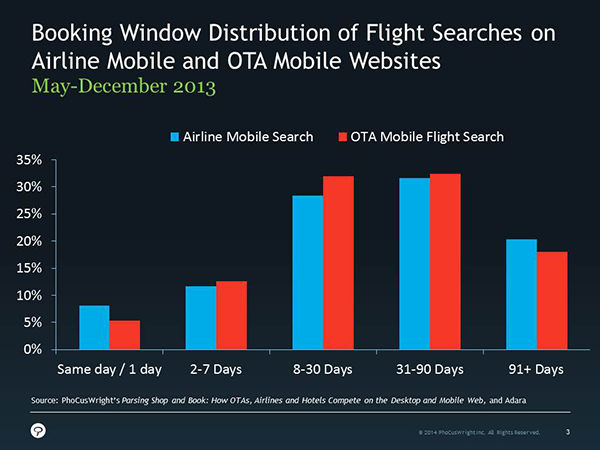eRevMax, the leading hotel channel manager & connectivity solution provider, has completed integration with VeryChic, a digital platform for the private sale of luxury hotel rooms and apartments, cruises, breaks and packages. The 2-way XML interface allows mutual customer hotels to update rate and availability on the online booking channel and receive reservations in their PMS in real-time.
VeryChic is the latest addition to the eRevMax Channel Ecosystem that connects hotels to over 350 online distribution channels. Recently acquired by Accor Hotels, VeryChic enables more than 4,500 luxury and upscale hotel partners to optimize distribution and provides them access to new guests via its private sales. Selling inventories of over thesecarefully selected luxury and upscale hotels across 80 countries, VeryChic has a loyal base of over 7 million members in the French market.
“Our mission is to provide hoteliers with a solution that will help them manage channels effectively while saving time and money. This integration is a continuation of our effort to offer quality connections to diverse range of distribution options through the eRevMax Channel Ecosystem,” said Ashis Saha, SVP – Project Management, eRevMax.
“As a leader in Private Sales distribution, VeryChic tends to develop connectivity to update in real-timeprices and stocks of our 200 daily hotels flash sales. eRevMax, one of the leaders in the channel management space, is the perfect partner to provide us with the opportunity to expand our reach and enable hotels and chains that complement our ethos to easily connect with VeryChic. This is also beneficial to our hotel suppliers to further reduce their time to update rates and availabilities while automating reservation delivery,” said Guillaume Dubost, Head of Business Development, VeryChic.














